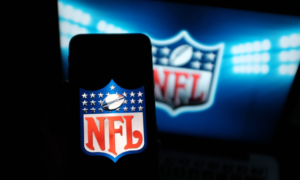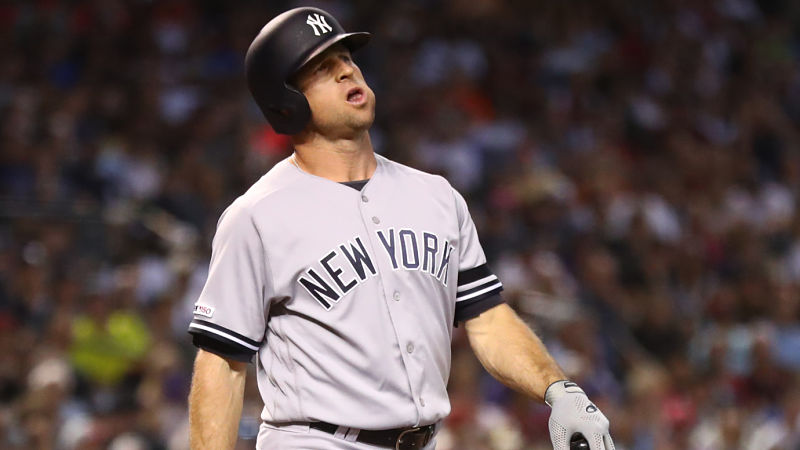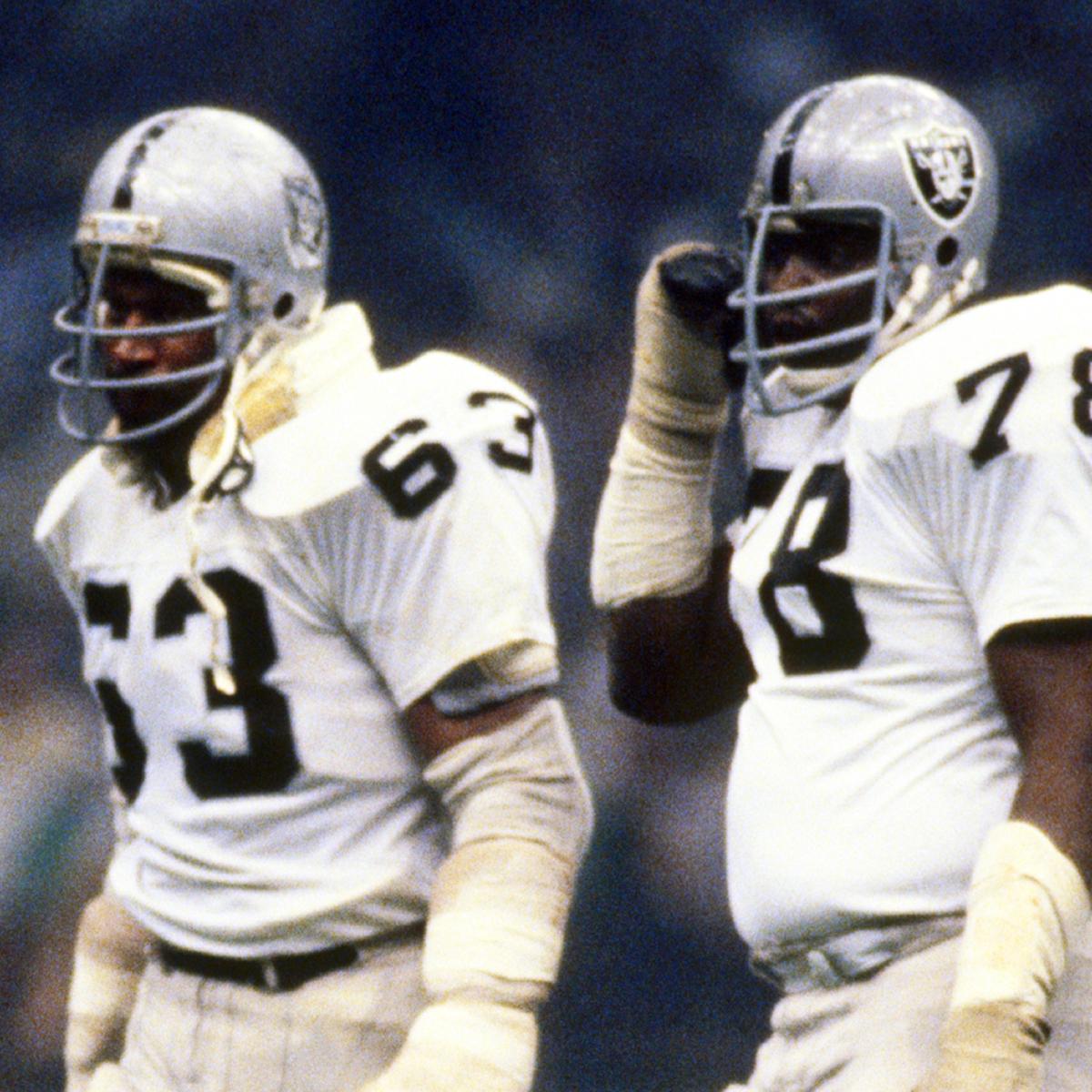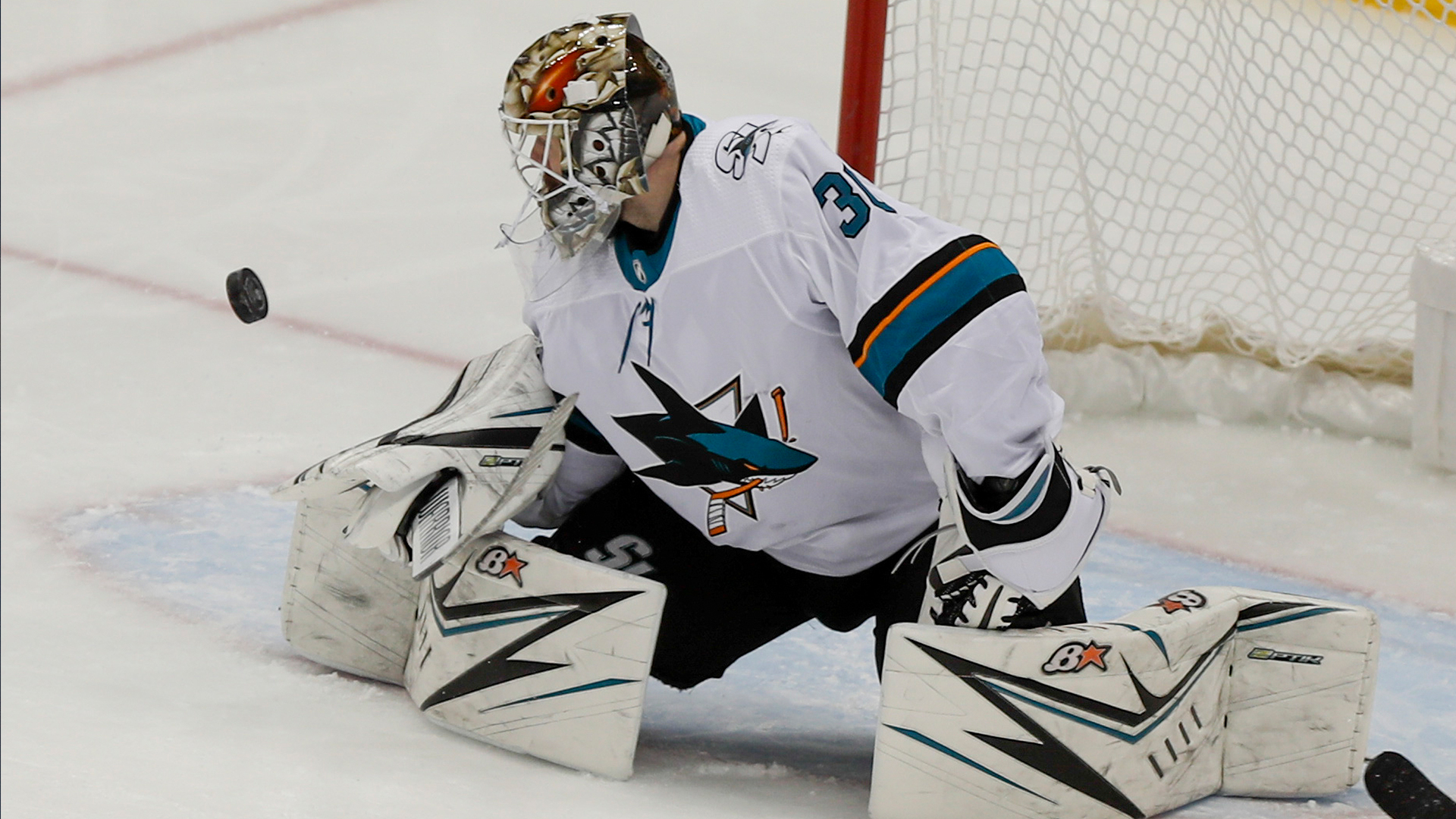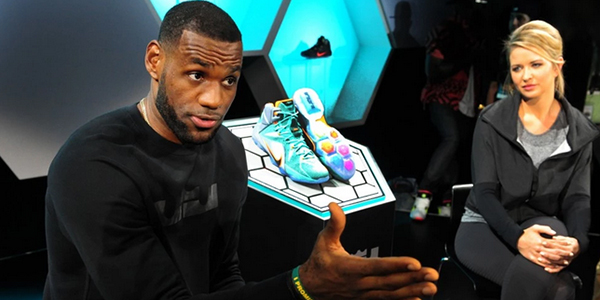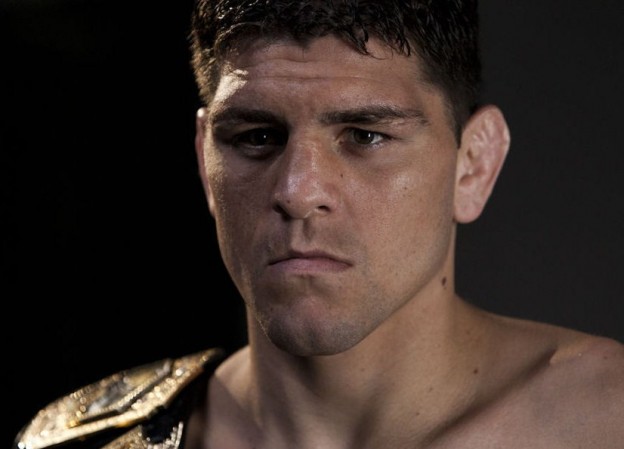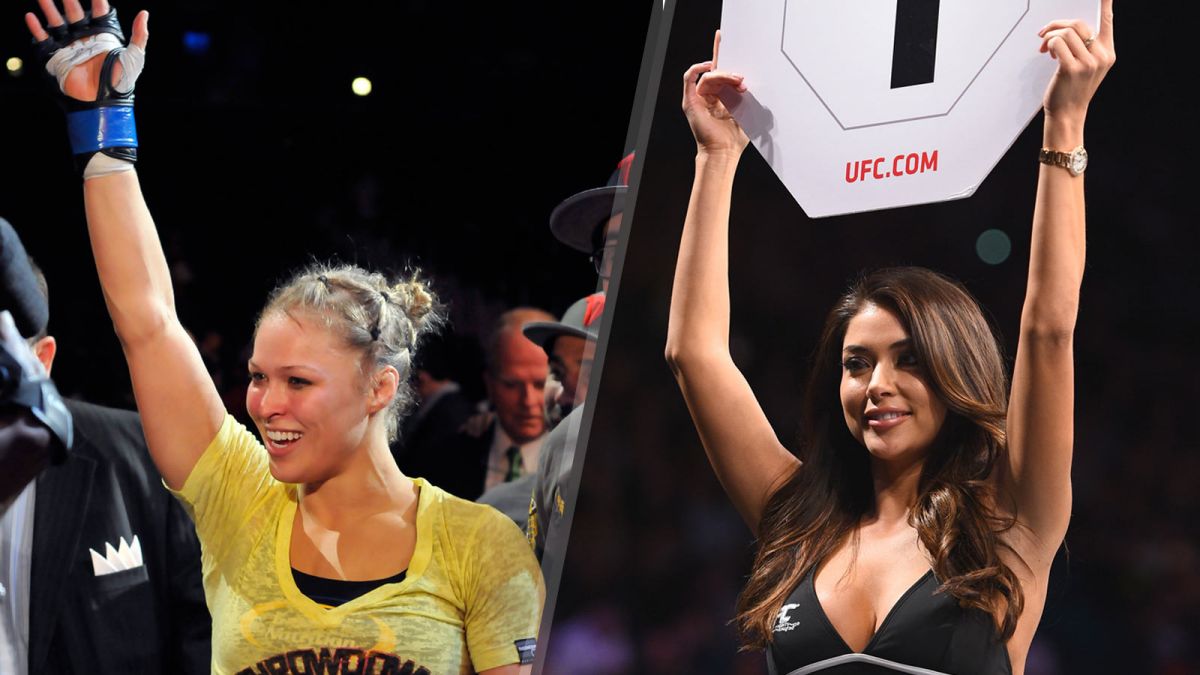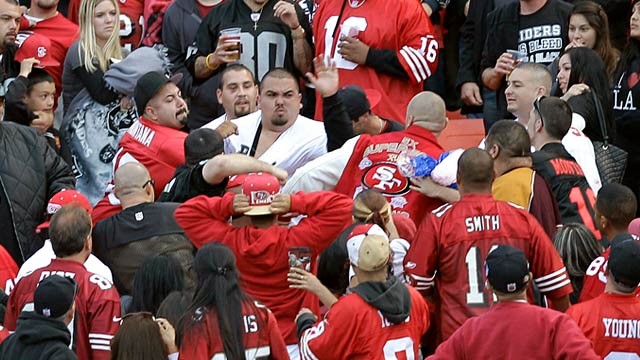Javy Báez is frustrated about MLB’s video restrictions, but could no in-game access become a permanent change after this season.
It has not been the best season for Javy Báez. (That’s putting it generously.) So after his first solid performance at the plate in weeks—3-for-4 in the Cubs’ Monday victory over the Cardinals—he spoke about why he believes that he’s been struggling. Specifically, Báez focused on one factor: the fact that players are no longer allowed to review video while a game is ongoing.
“To be honest, it sucks,” Báez told the media about the new restrictions on video. “We didn’t cheat. We’re not cheating and we got to pay for all this. It’s tough, but at the same time… a lot of players are struggling, too. A lot of players are struggling, and I’m just one more. But the way that it is is not the way that we play baseball. I need video to make adjustments during the game. It doesn’t matter who is there to watch us. It doesn’t matter if we have all the police MLB wants to send over here.”

Báez’s point was clear: The Astros used their video terminals to cheat, MLB cracked down by prohibiting in-game use of video for everyone, and Báez would put up with any amount of security if it meant that teams could have video back. That’s fair. But it’s not exactly right.
Technically, MLB did not ban in-game video replay terminals this season because of the Astros. MLB and the MLBPA jointly agreed to ban them because of the coronavirus—the official decision did not come until the release of the new league operations manual in June. And, in that context, it made plenty of sense. If you’re trying to encourage physical distancing, you should probably block anything that involves people going back and forth to a small room to cluster around a screen. (For what it’s worth, the video restrictions are not presented as related to strategy or gamesmanship, but instead as any other health measure; they’re sandwiched in the manual between rules on food service and office capacity.) This was supposed to be about safety.
But it’s not just about safety. It’s also a convenient answer for a thorny question that baseball had previously been wrestling: How was the league going to fix its problems with in-game video and sign-stealing? MLB had been playing catch-up on this for a while. After the Red Sox were caught inappropriately using AppleWatches in the video room in 2017, the league sent teams a memo laying out the penalties for tech-aided sign-stealing. After an Astros official was caught taping the opposing dugout in October 2018, security officials were placed in video rooms for 2019. So what was MLB going to do now?
The need to accommodate for the coronavirus made the immediate decision easy—just take the whole system out—and the issue of what will be allowed next season is left for, well, next season. But the exact nature of the current restrictions suggest that some sort of permanent change will be coming: Although full video rooms and communal terminals are banned, iPads are still allowed in dugouts, and players can use them to watch video. But those tablets are limited to preloaded tape without the ability to access in-game updates. (In other words, a hitter can check out some film from last week to prepare for the next reliever out of the ‘pen, but he can’t review his last plate appearance to see if he needs to make any in-game adjustments.) The fact that MLB has made sure to continue to allow players a way to access some video but not all video—it hints that access to all video probably won’t come back.
Which, of course, is deeply frustrating for players who have become accustomed to using video to tweak their performance on their fly.
After video review expanded in 2014, teams increasingly came to rely on communal film terminals as an important tool to make real-time adjustments. It’s jarring for that to go away so suddenly, and, naturally, Báez is not the only one who’s voiced frustration with the new restrictions. J.D. Martinez shared his perspective with the Boston Globe at the beginning of August:
“In the past, I probably already would have been able to get in the video room, break [teammate Andrew Benintendi’s] swing down, look at it, do some comparisons. It’s kind of what I do for most guys on the team. We don’t have access to that stuff anymore,” Martinez lamented. “It’s kind of everyone on their own. Survivor.”
Of course, this change is just one of many reasons that individual hitters could be struggling this season. Which fits with the most salient line of the post-game statement from Báez:
“The way that it is is not the way that we play baseball.”
The way that it is—generally speaking—is not the way that we play baseball. A 60-game season is not the way that we play baseball; seven-inning doubleheaders are not the way that we play baseball; high-five bans, travel restrictions, and the other attendant essentials of playing in a pandemic are not the way that we play baseball. The universal designated hitter. The extra-innings ghost runner. The way that it is is not the way that we play baseball.
But it is the way that we are playing baseball. And some of it, probably, will become the way that we play baseball. (Universal DH, yes; 60-game season, not so much.) The question is only what will be included in that—but it doesn’t take a huge leap of faith to guess where in-game video access will fall.
Quick Hits
• In an ugly contest of whose ‘pen could out-chaos the other, the Phillies came out on top on the Mets.
• The Yankees extended their losing streak to four with a disastrous game against the Blue Jays, giving up ten runs in the sixth inning before going on to lose by a score of 12-7. They’re now two games behind the Jays and tied for the last playoff spot in the American League.
• Also hugely important from Yankees–Blue Jays: Vladito’s first career stolen base!
• And the team that’s tied with the Yankees for the last playoff spot in the AL? The Astros, who have now lost five in a row after dropping one to the A’s on Monday. Given their slew of pitching injuries (Lance McCullers, Jr. joined several of his teammates on the IL over the weekend), the outlook is not looking particularly great.
——————-

